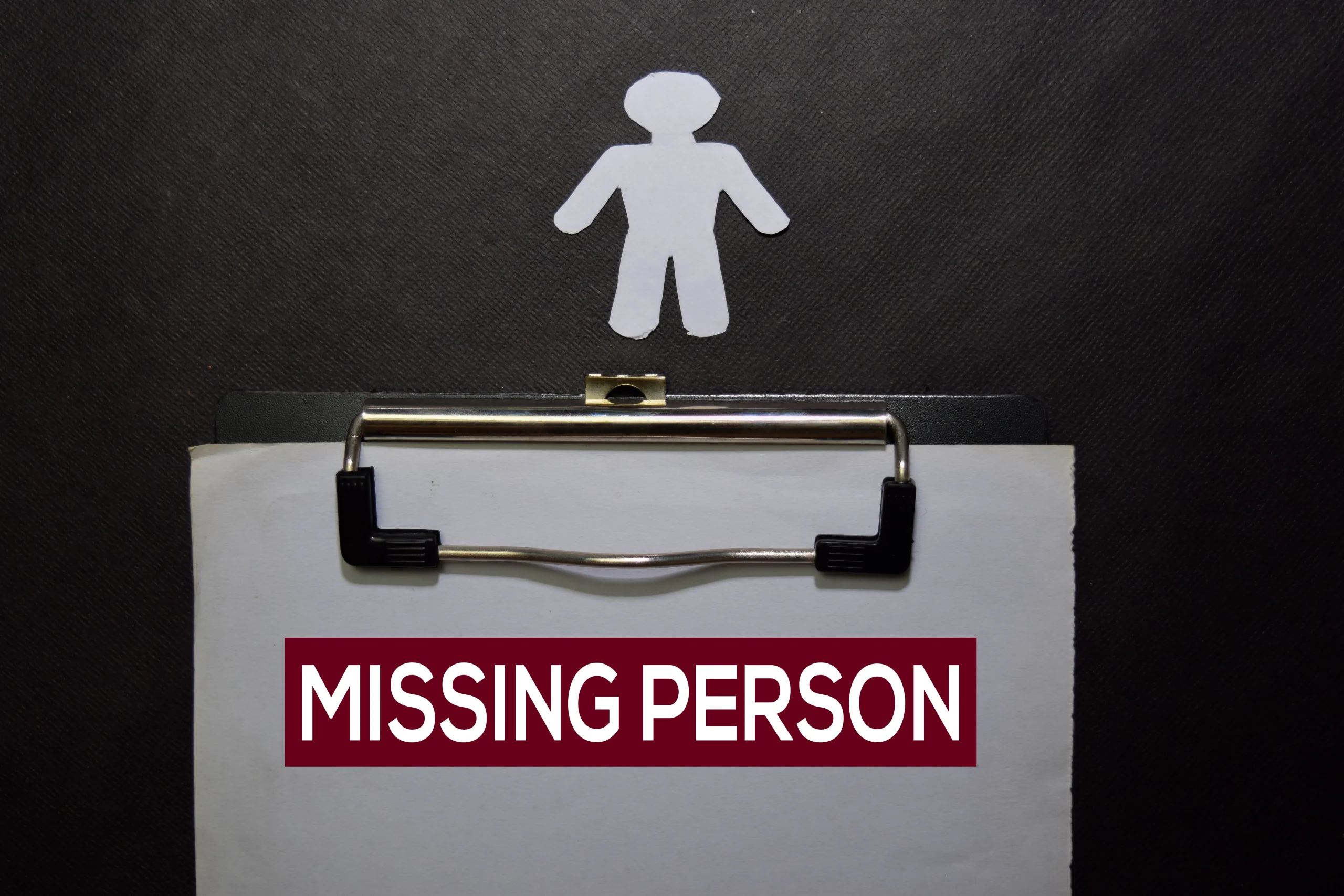When it comes to locating individuals, the terms “missing persons case” and “skip trace investigation” are often used interchangeably. However, they are fundamentally different types of investigations, each with its own challenges, objectives, and methods.
What may surprise you is that many private investigators today advertise “missing persons services” without truly understanding the complexities of real missing persons cases. Instead, they often perform simple locate or skip trace investigations and incorrectly brand these as “missing persons” work.
In this blog, we’ll break down the critical differences between a missing persons case and a skip trace investigation, explain the unique challenges of each, and shed light on why you should carefully vet any investigator you hire for these services.
What Is a Missing Persons Case?
A missing persons case involves finding someone who has disappeared under unknown, suspicious, or involuntary circumstances. This can include abduction, mental health crises, foul play, or simply vanishing without explanation. The emphasis here is on the safety and well-being of the individual.
Common Scenarios:
Abductions or kidnappings
Runaways (teenagers, elderly adults, or vulnerable individuals)
Mental health-related disappearances (e.g., dementia, severe depression)
Suspicious circumstances involving potential foul play
Key Characteristics of Missing Persons Cases:
Urgency: Missing persons cases are often time-sensitive and require immediate action.
Collaboration with Law Enforcement: If foul play or danger is suspected, law enforcement agencies often become involved.
Resource-Intensive: These cases demand extensive field work, surveillance, family interviews, and sometimes media involvement to gather tips or leads.
Safety First: The priority is ensuring the individual’s safety and locating them as quickly as possible.
The Reality:
Handling a true missing persons case requires specialized skills and experience. These investigations are not routine “locates” but involve urgent and complex circumstances where lives may be at stake.
Unfortunately, many private investigators who advertise missing persons services lack the training, tools, or knowledge to handle these sensitive situations. Instead, they reduce a missing persons case to basic database checks or searches, which are insufficient in emergency scenarios.
What Is a Skip Trace or Locate Investigation?
A skip trace or locate investigation is a method of finding individuals who are deliberately avoiding being found or have simply fallen out of touch. Unlike missing persons cases, these investigations are usually less urgent and focus on legal, financial, or personal purposes.
Common Scenarios:
Locating debtors avoiding payment
Finding defendants who skipped court appearances
Identifying witnesses for legal proceedings
Tracking individuals avoiding child support or alimony
Reconnecting with long-lost family members, friends, or business associates
Key Characteristics of Skip Trace Investigations:
Lower Urgency: Unlike missing persons cases, there is no immediate threat to the individual’s safety.
Research-Heavy: Skip tracing relies on databases, public records, and online tools.
Discreet Efforts: The subject is often avoiding detection, so discreet inquiries and surveillance may be required.
Legal Compliance: Investigators must operate within privacy laws and other legal frameworks (e.g., Fair Debt Collection Practices Act for debtors).
The Reality:
Skip tracing is transactional and often driven by financial, legal, or personal motivations. While it requires investigative skill, it is vastly different from the urgency and sensitivity of a true missing persons case.
Why the Difference Matters
The line between missing persons cases and skip trace investigations is often blurred in private investigation advertising. Many firms offer “missing persons services” but treat these cases as routine locates rather than the complex and often life-threatening situations they are.
For example:
A missing teenager or an individual with dementia requires urgent, specialized intervention—not just a simple database search.
In contrast, finding someone who skipped out on a debt involves a completely different approach and timeline.
The failure to distinguish these services not only misleads clients but can delay or derail investigations where time is critical.
Key Differences at a Glance
| Aspect | Missing Persons Case | Skip Trace/Locate Investigation |
|---|---|---|
| Nature of Case | Disappearance under unknown, dangerous, or involuntary circumstances. | Individual avoiding detection for legal or personal reasons. |
| Urgency | High, often life-threatening. | Moderate to low, depending on purpose. |
| Typical Subjects | Vulnerable individuals (e.g., abducted, mentally ill). | Debtors, defendants, or missing associates. |
| Investigation Methods | Ground searches, media outreach, last-known location analysis, interviews. | Database searches, OSINT, discreet inquiries. |
| Primary Goal | Ensure the safety and recovery of the individual. | Locate for legal, financial, or personal reasons. |
How to Choose the Right Investigator
If you need help with a missing persons case, it is critical to hire an investigator with proven experience in handling these types of cases. Here are some tips to help you choose the right professional:
Ask About Their Experience: Have they handled true missing persons cases before? Can they provide examples (within confidentiality guidelines)?
Verify Their Process: Do they collaborate with law enforcement when necessary? Do they use field investigations and resources beyond basic searches?
Avoid Misleading Marketing: Be cautious of investigators who advertise missing persons services but describe their methods as simple locates.
Check Credentials: Ensure they are licensed, insured, and qualified to handle sensitive, high-stakes investigations.
For skip trace investigations, the process is less complex but still requires skill, discretion, and legal compliance. Make sure your investigator is capable of performing thorough database analysis and inquiries to get results efficiently and ethically.
Final Thoughts
The difference between a missing persons case and a skip trace investigation comes down to the urgency, nature of the case, and the investigative methods involved. True missing persons cases are complex, time-sensitive, and often involve life-or-death stakes. Skip traces, while important, are transactional and focus on locating individuals for legal, financial, or personal reasons.
Unfortunately, many private investigators blur the lines between these services, advertising “missing persons” work without understanding what it truly entails. When lives are at stake, you need an investigator with the skills, experience, and resources to handle the job.
At Francis & Associates, we bring decades of experience to both missing persons cases and locate investigations. Our team is composed of former federal, state, and local investigators who know how to handle complex, high-stakes cases with professionalism and care.
If you need help with a missing persons case or a locate investigation, contact us today for a confidential consultation. Your peace of mind is our priority.




